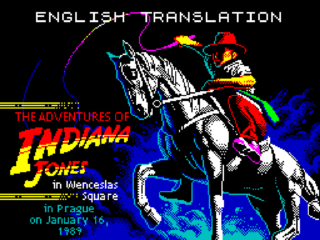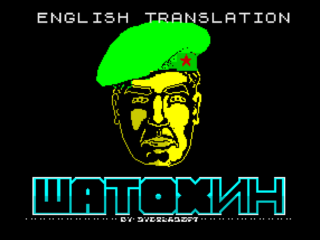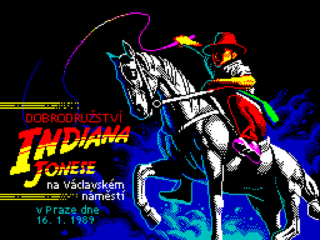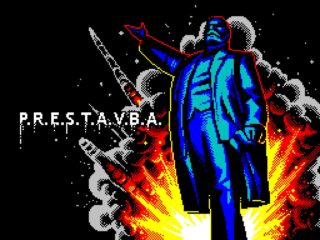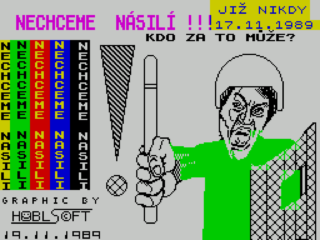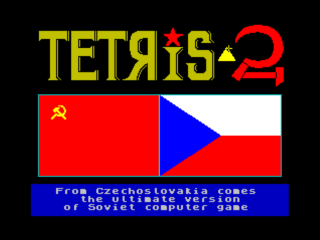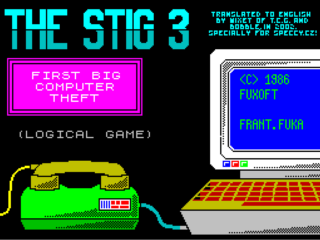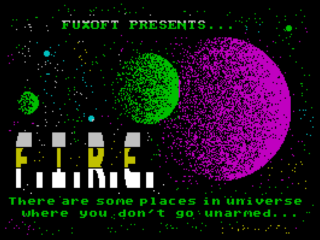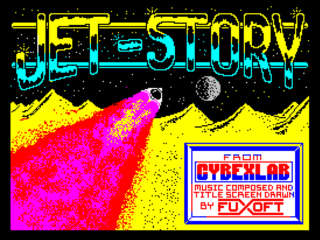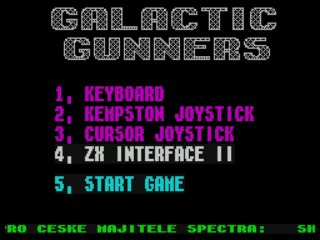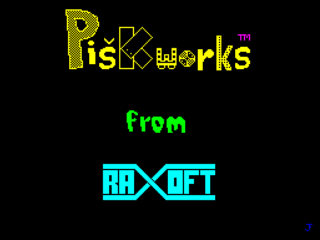About
Gaming the Iron Curtain offers the first book-length social history of gaming and game design in 1980s Czechoslovakia, or anywhere in the Soviet bloc. It describes how Czechoslovak hobbyists imported their computers, built DIY peripherals, and discovered games as a medium, using them not only for entertainment but also as a means of self-expression.
This companion website contains updates, high-res color images, links and resources, and plenty of additional content. Welcome!
Reviews & endorsements
“Jaroslav Švelch’s Gaming the Iron Curtain is a compelling demonstration of the possibilities of writing histories of gaming that are bottom up and from the margins, moving beyond industry-based histories toward a focus on social, cultural, and political histories. A lively and vivid account of how gaming cultures emerged in Cold War Czechoslovakia, Švelch describes the emergence of an ‘informal’ economy where would-be gamers smuggled hardware, hacked and reprogrammed games, jury-rigged their own joysticks from everyday materials, and circulated titles through grassroots networks. […] This book will interest not only games scholars but anyone who wants to better understand how people made do within the Soviet bloc.”
Henry Jenkins, University of Southern California
“At once necessary and original, disciplined and deliberately disorienting, informative and crackling with gamer intelligence, Gaming the Iron Curtain expertly guides the reader through the peripheral thickets of gaming subcultures in Czechoslovak hobby computing in the 1980s. Švelch sketches the political complexities of Czechoslovak computing cultures and uncovers how unknown Central European homebrewers dreamt up new meanings of ‘Hello, world!’ in the Soviet bloc. A welcomed and pioneering work.”
Benjamin Peters, author of How Not to Network a Nation: The Uneasy History of the Soviet Internet
“This fascinating book introduces the reader to the undiscovered lives of microcomputing and gaming communities in 1980s Czechoslovakia. For the first time, Švelch draws up the history of hobbyist gaming clubs that worked under the radar of party authorities. This thoroughly researched and enjoyably delivered story is woven into a tapestry of dynamic changes in politics, technology, foreign trade, agriculture, leisure, and everyday life in a way that will contribute a great deal to a more subtle and less stereotyped image of late socialism.”
Anikó Imre, University of Southern California
“Gaming the Iron Curtain is a surprising addition to the ever-growing body of work on everyday life in the Eastern bloc. Švelch’s fascinating study proves yet again that developments in the West were not without their counterparts in the East. Using a wide range of sources and historiographies, Švelch reveals the hidden world of computers and gaming in late Communist Czechoslovakia.”
Paulina Bren, author of The Greengrocer and His TV: The Culture of Communism after the 1968 Prague Spring
“This extraordinary book on 1980s computing culture provides an unexpectedly vivid window into social relations in late socialism and the dysfunction of Czechoslovakia’s political institutions. Through the memories of early computing enthusiasts and close examination of the ephemera they lovingly saved, Švelch brings to life a lost world of do-it-yourself hobby clubs, early game design, and even homemade computer peripherals that is a welcome addition to the growing field of digital game history and is also a must-read for anyone interested in everyday life in the final decades of European Communism.”
Kimberly Zarecor, author of Manufacturing a Socialist Modernity: Housing in Czechoslovakia, 1945-1960
“[The book] makes an important and fascinating intervention into the history of computing, challenging many basic categories in the field. […] The book reveals the movement of technology across national borders and through an iron curtain that many have assumed to be impenetrable […]. It highlights the distinctive ways in which gaming culture evolved in an environment that was not dominated by mass produced commercial technology and magazines. The book represents an impressive feat of empirical research, based on oral histories and previously unutilized archival sources. Finally, the book is beautifully written, providing a great deal of historical and theoretical framing while maintaining a lively and engaging narrative.”
Committee of the SIGCIS Computer History Museum Prize 2019
“The background study conducted for the book is convincing. Švelch has not relied only on personal accounts, digital artifacts, or contemporary texts: he has combined a variety of sources to build a bigger picture and provide explanations as to why things happened the way they did. […] Although the book is an excellent example of academic research and analysis about game history, it is also an entertaining read. […] All in all, the book sets a good example for how to write similar local histories in the future, evading the common pitfalls seen in some earlier works and finding a balance between legibility and academic rigor.”
Markku Reunanen, review in the American Journal of Play, Winter 2020
“Gaming the Iron Curtain is an excellent and well-written game historical study that not only makes an important contribution to the fields of game history and game studies, but can also impact related disciplines such as history of media and technology. I am convinced that Švelch’s book will function as a fine paragon and dialogue partner for many future studies that deal with various, especially local, issues related to game and media history. Together with such studies, it might create a solid foundation for a bigger international project that could undertake a systematic research effort in comparative game history.”
Jaakko Suominen, review for Game Studies, vol.19, issue 2
“In sum, Gaming the Iron Curtain offers a fascinating read for students and scholars of STS, history, and media studies alike. Each chapter is embedded in relevant historiography and theoretical studies, while comparing the Czechoslovak case with Western (particularly British) and other East European and Soviet developments […] Gaming the Iron Curtain upends industry-driven narratives, confirms the technological ‘permeability’ of the Iron Curtain, and redefines ‘gaming’ as existential acts of tactical, technological, and cultural bricolage.”
Elisabeth Van Meer, review for Technology & Culture, vol.61, issue 2
“Švelch does a particularly good job of interweaving comparisons to other countries to emphasize what is unique about the history he describes. Doing so helps challenge common sense narratives of technological adoption, and allows the book to offer a rich and nuanced understanding of the cultural and economic significance of the home computer in this context.”
Adrienne Shaw, review for International Journal of Communication, vol.15
Links and archives
Additional reading
Gallery (Hover cursor over images to read captions)
Screenshots
Artifacts
Period photos
Documents
Period publications
Playable games
Video
Period videos
Opening of the first episode of Computer Dilemmas, Czechoslovak Television’s 1988 educational program cited in Chapter 1 of the book.
An excerpt from It’s the computer’s turn, a 1985 film documentary featuring František Fuka, one of the country’s top amateur game programmers.
Czechoslovak Television’s report from the 1985 Electronization and Automation Exhibition, featuring Eduard Smutný, one of the top Czechoslovak computer hardware designers.
Lectures and presentations
My keynote speech from the Future and Reality of Gaming 2017 conference, Vienna, entitled We Have Always Been Indie.
My lecture from the World Usability Day Silesia 2017 conference, Katowice, entitled Gaming the Iron Curtain: Activist Computer Games Behind Political and Economic Boundaries.
A presentation from the 2014 Central and Eastern European Game Studies conference about hacking games, developing a topic that made it to Chapter 6 of the book.
